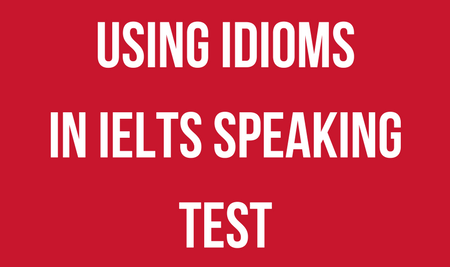Before discussing further, let’s have a little talk about the meaning of idioms
An idiom is a group of words or phrases that has a meaning which is not clear through the words used.
For instance, ‘It’s raining cats and dogs’ means that it is raining heavily, but if we go by the literal meaning of the text it means that cats and dogs are falling from the sky.
Got confused? Let’s have a look at another example.
For someone who is’ High as a Kite’ doesn’t mean that he/she is flying, rather it means that he/she is on drugs.
To clearly understand what idioms mean, we have to understand these 2 words: Literal and Metaphorical.
Literal means the actual meaning of a word.
Metaphorical describes words being used as a symbol for something else.
So, in ‘High as a Kite’, High means located above the earth’s surface but metaphorically it states that someone is under the influence of drugs.
Thus, to understand the meaning of an idiom, it is important o understand the actual meaning of a metaphor.
Should idiom be used in writing or speaking test?
dioms are generally used in an informal conversation and therefore, their use in the writing should be avoided.
Since spoken English is less formal than academic written English, it is acceptable and advisable to use idioms in the speaking test.
Should idioms be memorized?
Well, the answer to this question is a big NO. The most common mistake in IELTS speaking test is that candidates learn a lot of idioms and use them in the test to score high.
It is important to know that the examiners are trained to spot candidates using crammed/inappropriate idioms.
How to use them effectively?
Use an idiom only when you know the proper context in which they are to be used and when you are 100% sure of using them in the correct way.
Common Idioms
Once in a blue moon- happens rarely
Over the moon- to be extremely happy
A drop in the ocean- a small chunk/part of something big
A piece of cake- very easy
Back to the drawing board- when you fail to do something and have to re-plan things
The in thing- something trendy/fashionable
The real McCoy- genuine
Run of the mill- very common/ordinary
Down in the dump- sad
Go the extra mile- doing more than expected
Sit on the fence- to be undecided
Cost an arm and a leg- really expensive





